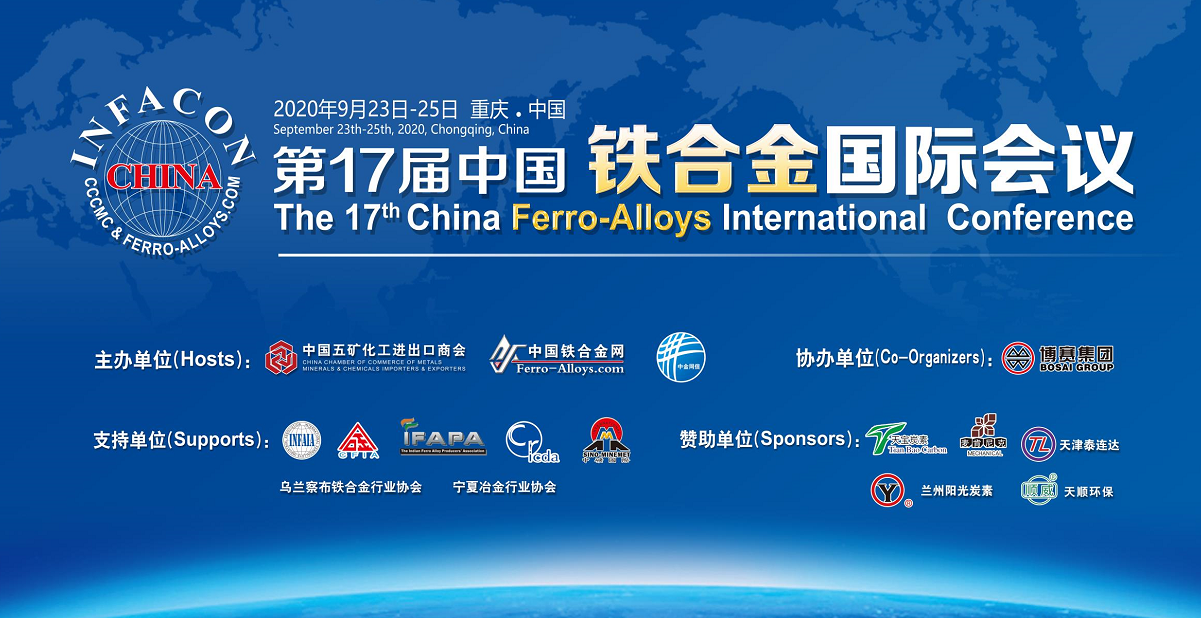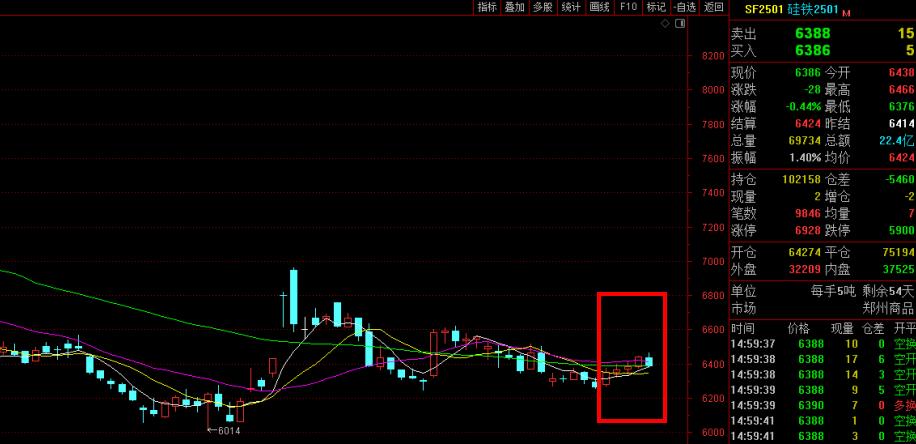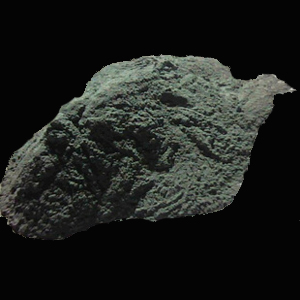The EU must level the playing field on imports of unabated coal-based electricity from third countries, industry association Eurelectric said in its annual Power Barometer report Sept. 14.
The report shows a steep growth in electricity imports over the last five years, to over 20 TWh in 2019 from 3 TWh in 2015.
"Due to lax energy and climate regulations, the average CO2 intensity of this imported electricity is two to three times higher" than that produced in Europe, it said.
Clamping down on carbon-intensive electricity imports could involve a border carbon adjustment in the form of a tax. The European Commission is considering inclusion of power- sector emissions in a future EU border carbon mechanism.
"Decarbonizing our own sector while increasingly relying on dirty electricity from third countries is not a credible strategy," Eurelectric Secretary General Kristian Ruby said in a briefing.
Eurelectric data showed average EU carbon intensity of generation of 234 gCO2/kWh versus 500 gCO2/kWh for non-EU export countries, including Russia, Ukraine, Belarus, the western Balkans and Turkey.
European coal-fired generation was declining faster than anticipated, meanwhile, with the association forecasting EU coal generation this year of 387 TWh compared with 618 TWh in 2018.
Nine member states were now coal-free, and 12 more would be so by 2030, including the UK, Spain, France, Italy, Finland, the Netherlands, Denmark, Ireland, Finland, Hungary, Greece and Slovakia, removing two thirds of EU coal capacity.
While renewables' growth was impressive, reaching 34% of the generation mix last year, to reach 60% by 2030 a major acceleration in wind and solar additions is needed, the association said.
"During 2010-2019, the EU27 plus the UK installed on average 12 GW of wind capacity every year. New installations must reach 17 GW per year for the next decade to reach 60% renewables by 2030," it said.
For solar the challenge was greater – from 11 GW/year over 2010-19 to 23 GW/year to reach a 60% mix target.
The wider context was the need to speed up electrification of the EU's economy, Ruby said, with decarbonization of transport proving to be particularly difficult.
"The EU's 250,000 electric vehicle charge points need to grow to at least a million by 2025, probably more," he said.
Electricity represented 22% of direct energy consumption in the EU, increasing by only two percentage points since 2010, Ruby said.
To get on a trajectory for net zero, electricity's share needed to reach at least 33% by 2030.
"In the building sector, a massive deployment of heat pumps is needed to achieve the EU's decarbonization and energy efficiency objectives," the report said.
Border adjustment
Speaking to S&P Global Platts after the briefing, Ruby said an EU border carbon adjustment, expected to be proposed by the European Commission next year, was currently being debated in the context of industrial sectors like steel and cement.
Starting with heavy industry would likely prompt charges of protectionism from exporting countries, while calibrating the EU's product benchmarking system under the EU ETS would be complicated if a border carbon adjustment was deployed.
"Our argument is, if you want to start in an easy place, start with electricity," Ruby said.
The transparency inherent in the EU ETS carbon price was its strength. "You could make that exact same requirement on those exporting power into the EU," he said.
Carbon border revenue paid by third countries need not be spent in the EU, Ruby said. Border adjustment fees could be channeled to a fund with the purpose of supporting renewables or grid reinforcement in the third countries, "circumventing the challenge that the mechanism is protectionist," he said.
55%: hugely ambitious
Ahead of the expected increase to 55% in the EC's proposed 2030 carbon emissions reduction target, Ruby said such a cut was "hugely ambitious, putting us on a decarbonization pathway to meet the Paris Agreement."
A 55% target would require a revolution in policy and pace of deployment, he said.
Solar, which had a record 20 GW of additions in 2019, would need to achieve three times this every year in the 2020s to reach the current target of 32% renewables in total energy consumption by 2030. Wind additions meanwhile would need to double on recent years' growth.
"It's important we don't promise more than can be achieved," Ruby said. "It will be interesting to see what the Commission says – are we talking about a tripling of wind and a quadrupling of solar [implied in the new carbon target]?"
Among Eurelectric policy priorities were faster project permitting and a shift in the focus of the trans-European energy regulation, with guidelines currently under revision.
"We need to spend less on gas interconnectors and more on distribution grids, we need to make space for investments in technologies like storage and smart grids to create flexibility," he said.
Heat pumps and tax
Ruby supported comments by WindEurope CEO Giles Dickson on the mismatch in taxes on electricity and gas used in the home.
During a panel debate on Eurelectric's report, Dickson said it was "crazy and fundamentally wrong that consumers are deterred from switching from gas boilers to heat pumps because they see they will be charged more tax on electricity than on gas – that has to change."
While the energy component in power bills had been dropping due to competition and renewables, the tax component had been rising strongly, Ruby said.
"In general you don't see gas exposed to a carbon price signal in the same way as electricity is. Then in many countries gas equals heat, making it a more delicate political decision to add tax," he said.
Expanding the ETS to cover buildings and provide a signal for residential heat "would really help change the economics" for heat pumps, he said.
Source: S&P Global Platts
*********************************
Welcome to
The 17th China Ferro-Alloys International Conference
September 23-25 Chongqing, China

Copyright © 2013 Ferro-Alloys.Com. All Rights Reserved. Without permission, any unit and individual shall not copy or reprint!
- [Editor:kangmingfei]



 Save
Save Print
Print Daily News
Daily News Research
Research Magazine
Magazine Company Database
Company Database Customized Database
Customized Database Conferences
Conferences Advertisement
Advertisement Trade
Trade

















Tell Us What You Think